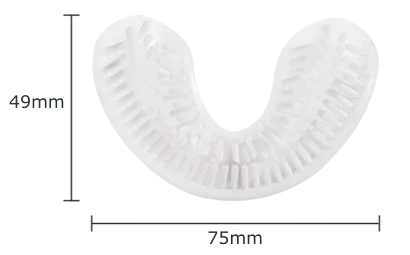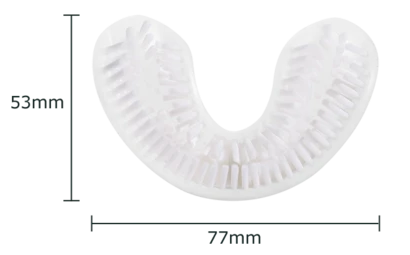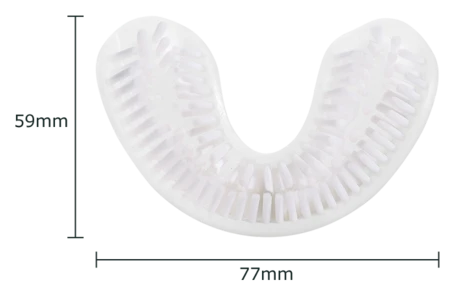
Do You Have To Get Your Wisdom Teeth Removed?
Oh, the dreaded wisdom teeth! Their name may imply that their appearance is the start of a positive, even honorable experience. However, the only thing “wise” about that experience seems to be taking the recommended actions of removing them!
Wisdom teeth are the third molars in the very back of your mouth. They typically appear without warning. Even your original adult teeth do not seem to expect their arrival, forcing your wisdom teeth to “make room” in your mouth. If this is permitted, your wisdom teeth will have to shove neighboring teeth out of the way, forcing all of your teeth to push forward and altering your smile. This can eventually lead to pain and discomfort. Talk about rude!
To prevent this, dental appointments are made to have the wisdom teeth surgically removed. This process in itself typically leads to a painful aftermath - but only temporarily. It’s as if these teeth do not leave without a fight!
However, is wisdom teeth removal necessary for everyone? How do you know if you must put your foot down to your teeth’s home invaders? According to the American Dental Association, you should seek medical attention for
wisdom teeth if you experience any of the following symptoms:
- Pain
- Repeated infection of soft tissue behind the lower last tooth
- Fluid-filled sacs (cysts)
- Tumors
- Damage to nearby teeth
- Gum disease
- Extensive tooth decay
However, if it’s always best to seek the advice of a dentist as soon as you feel these extra molars start to form. Sometimes they will examine your wisdom teeth and decide that they will not cause any of the symptoms above and are perfectly safe to keep. They may decide that only your top molars need to be removed vs your bottom, or vice versa! Talk to your dentist or an oral surgeon about what’s the best course of action to take!












